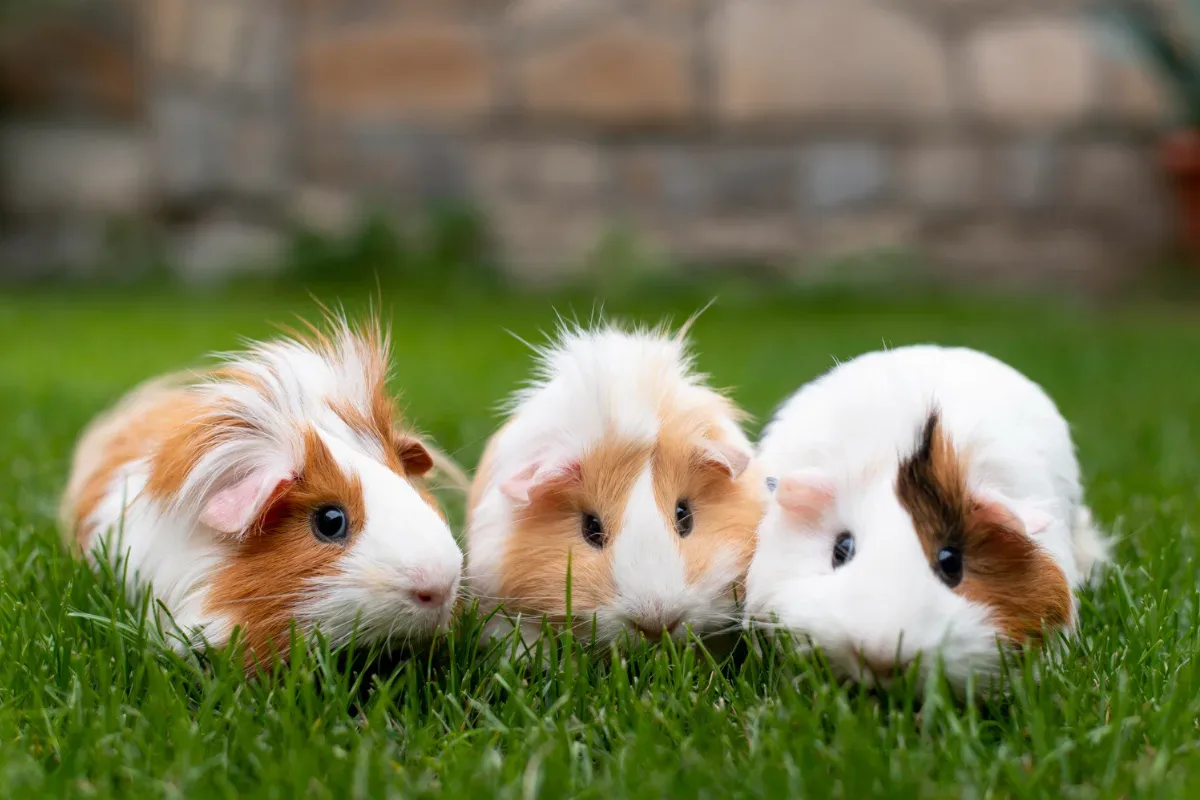Table of Contents
Choosing a pet can be a significant decision, especially when considering your lifestyle and available time for pet care. Hamsters have emerged as an excellent choice for both first-time pet owners and experienced animal lovers because of their simple care requirements and independent nature. These small, furry creatures offer the joy of pet ownership without the demanding responsibilities that come with larger pets.
Why Hamsters Make Excellent Pets
The appeal of hamsters as pets lies primarily in their easy maintenance and self-sufficient nature. Unlike dogs that need regular walks or cats that demand constant attention, hamsters are content in their own space, making them perfect for busy individuals or families. Once you’ve properly set up their habitat, they require minimal supervision and intervention.
The basic care routine for hamsters is straightforward and manageable. Their primary needs include regular feeding and weekly cage cleaning. This simplicity makes them particularly suitable for individuals with hectic schedules or those who might be new to pet ownership.
One of the most convenient aspects of hamster care is their bathroom habits. These intelligent creatures typically choose one specific area of their cage for relieving themselves. This behavioural trait not only demonstrates their natural cleanliness but also makes maintenance significantly easier for owners. Regular spot cleaning of this designated area helps maintain a healthy environment for your pet.
Fascinating Facts About Hamster Behavior and Biology
Understanding your hamster’s natural behaviours and biological characteristics can help you provide better care and build a stronger bond with your pet. Here are some intriguing facts about these small mammals:
Daily Activity Patterns
Hamsters are crepuscular animals, meaning they’re most active during twilight hours – both dawn and dusk. During daylight hours, they prefer to rest and sleep, making them ideal pets for people who are away during the day. This natural rhythm allows them to maintain their energy levels and engage in their most active behaviours when they feel safest.
Intelligence and Recognition
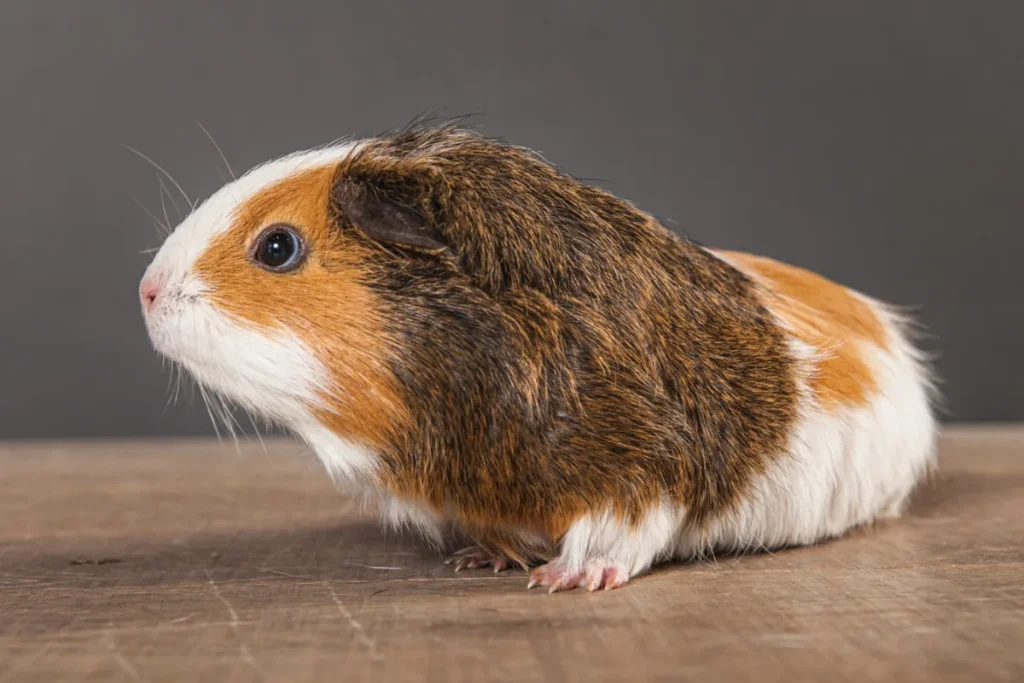
Despite their small size, hamsters possess remarkable intelligence. One of their most endearing qualities is their ability to recognize and respond to their names. Through consistent interaction and positive reinforcement, these clever pets can learn to associate their name with attention and treats, often responding by approaching their owners when called.
Dental Health and Growth
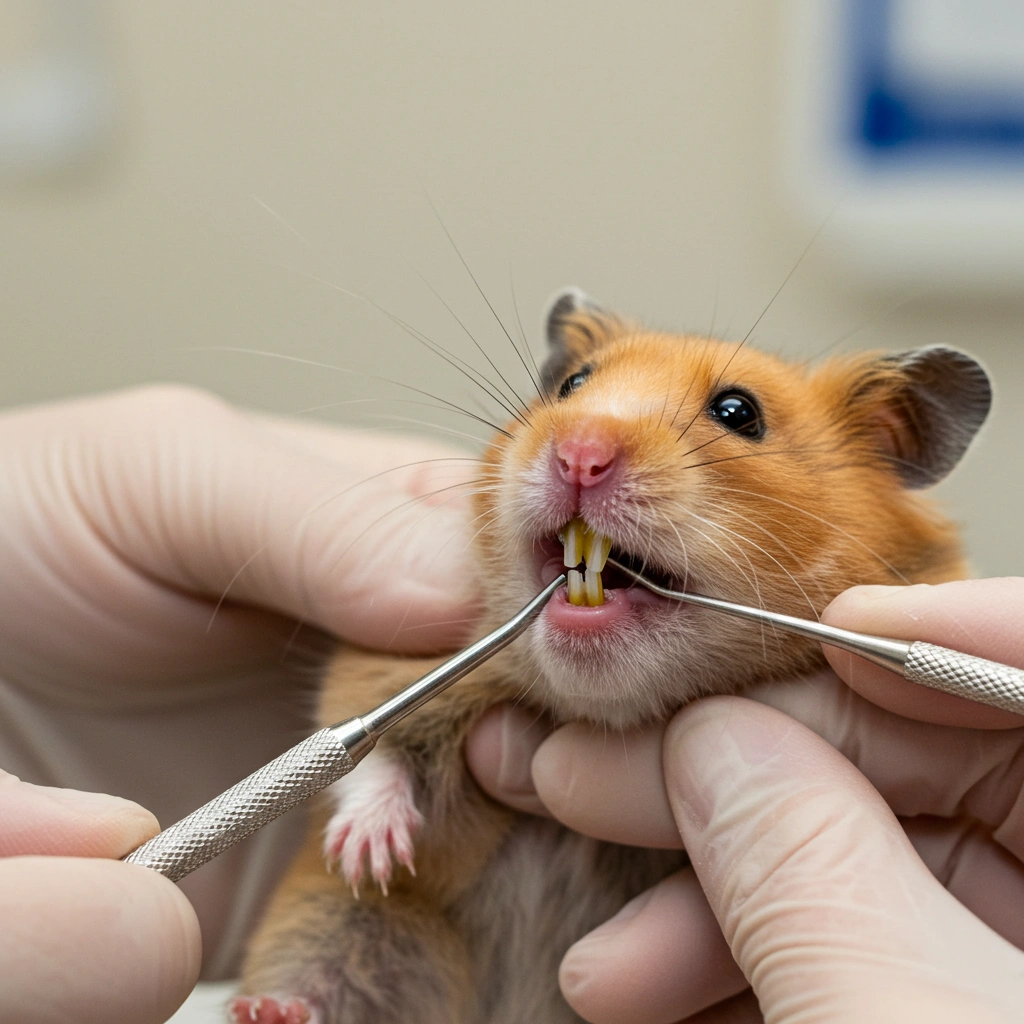
A fascinating biological feature of hamsters is their continuously growing teeth. This ongoing growth requires regular maintenance through gnawing and chewing behaviours. Providing appropriate toys and chewing materials is essential for maintaining proper dental health. Without these opportunities to wear down their teeth naturally, hamsters could develop serious dental problems that affect their ability to eat and overall well-being.
Temperature Sensitivity
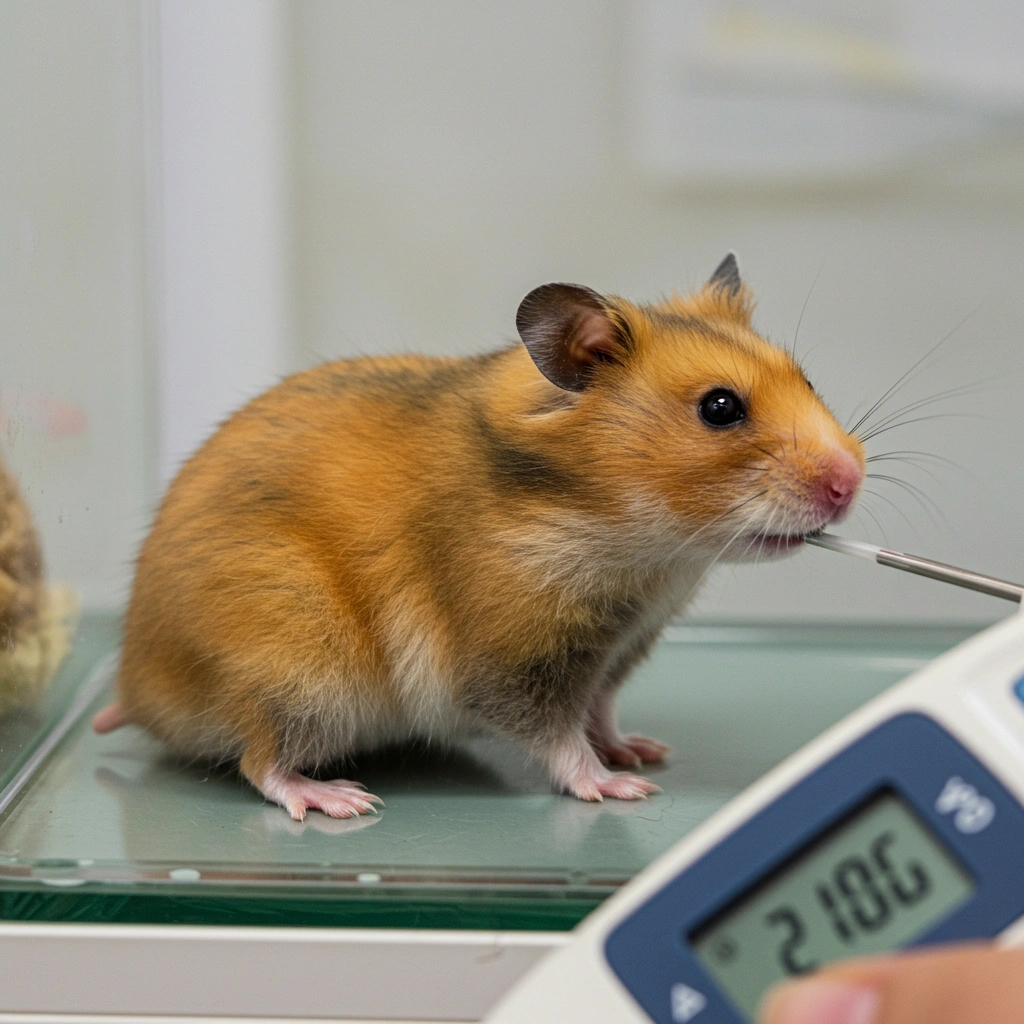
Hamsters require careful environmental control to thrive. They’re particularly sensitive to temperature extremes, and maintaining a consistent, comfortable temperature in their living space is crucial. Too hot or too cold conditions can cause stress and health issues, making climate control an important aspect of hamster care.
Exercise and Activity Needs
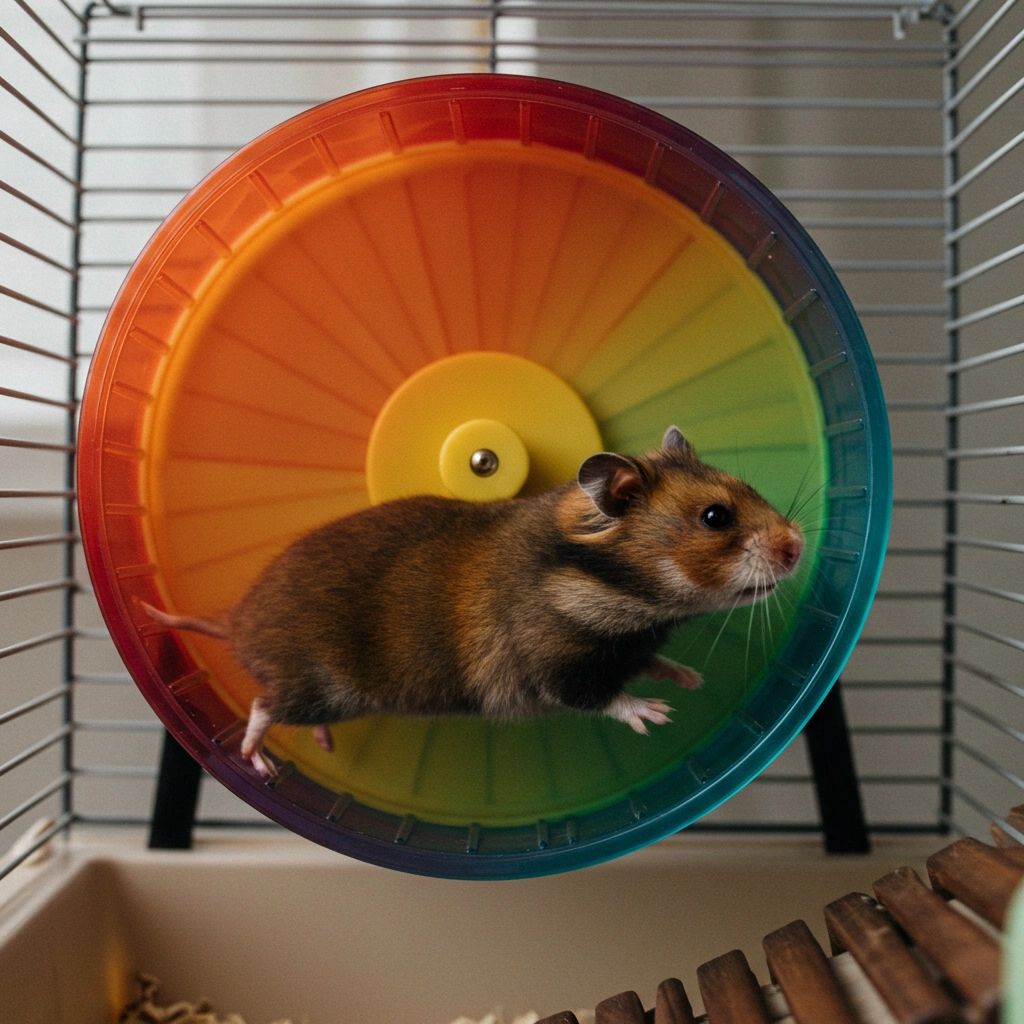
Despite their small size, hamsters are naturally active animals that require regular exercise to maintain good health. In the wild, they would cover significant distances foraging for food. In captivity, exercise wheels and hamster balls provide essential opportunities for physical activity. These accessories help prevent obesity and promote both physical and mental well-being.
Sensory Abilities
Nature has equipped hamsters with exceptional sensory capabilities to compensate for their limited vision. Their acute sense of smell helps them locate food and identify familiar humans and other hamsters. Their excellent hearing allows them to detect potential threats and respond to environmental changes, making them surprisingly alert and responsive pets.
Natural Behaviors and Enrichment
Digging is a fundamental behaviour for hamsters, deeply ingrained in their natural instincts. Providing appropriate materials for this activity, such as safe paper products and certain wood shavings, is essential for their emotional well-being. However, it’s crucial to avoid pine and cedar shavings, as these materials can release harmful fumes that could affect your hamster’s health.
Unique Physical Adaptations
the most distinctive feature of hamsters is their cheek pouches. These specialized pockets allow them to transport and store food efficiently. This adaptation, reminiscent of a kangaroo’s pouch but located in their cheeks, helps them gather and hide food for later consumption, a behaviour that stems from their survival instincts in the wild.
Etymology and Historical Context
The name “hamster” has interesting linguistic roots, derived from the German word “hamstern,” meaning to hoard or accumulate. This etymology perfectly describes their natural tendency to gather and store food, a behaviour that continues even in domesticated hamsters.
Reproductive Capabilities
Hamsters are known for their impressive reproductive potential. While the average litter size is around seven pups, some cases have documented litters of up to 24 pups. This high reproductive rate reflects their evolutionary strategy for species survival in the wild.
From Wild Origins to Domestic Life
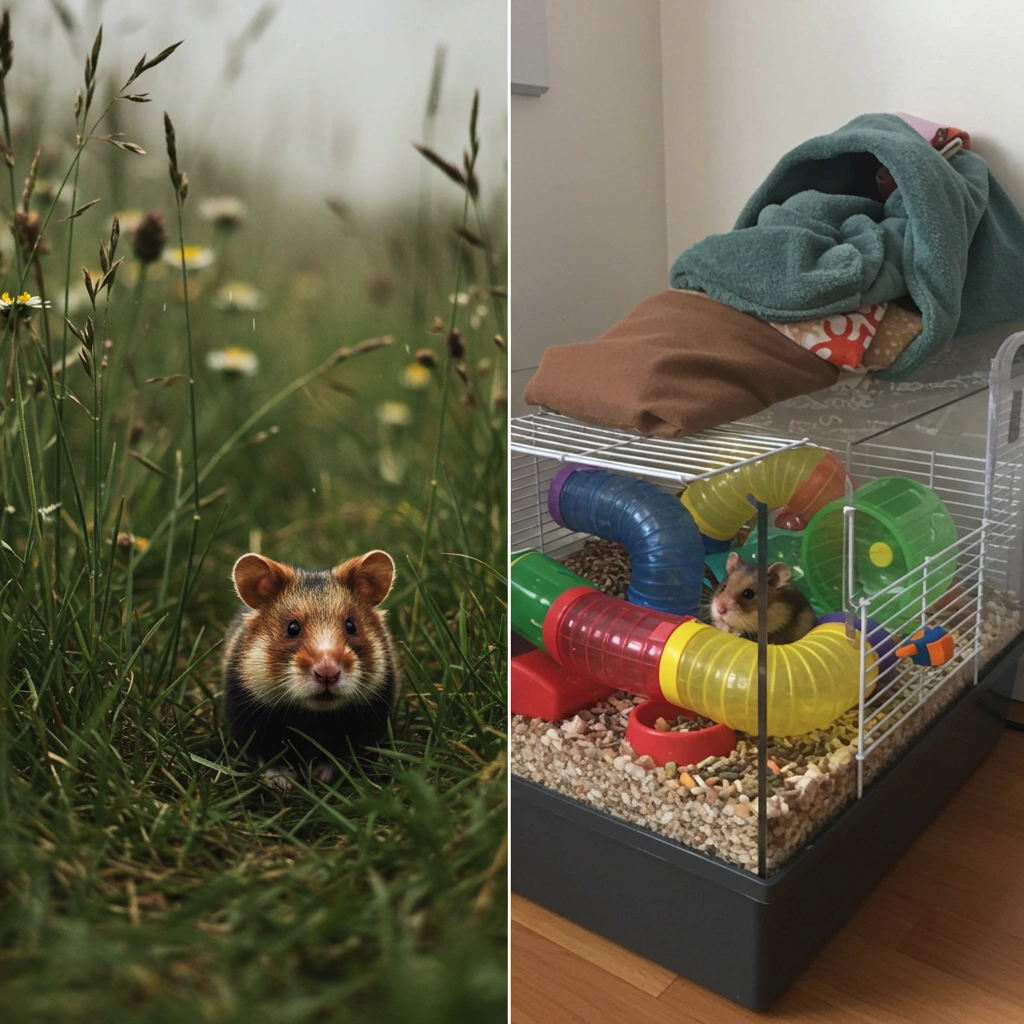
The journey of hamsters from wild animals to beloved pets is a testament to their adaptability. Their survival in natural habitats depended on various skills: stealthy movement, efficient food transportation, and keen sensory awareness to avoid predators. These same instincts remain present in domesticated hamsters, influencing their behaviour and needs as pets.
Today’s domesticated hamsters have successfully adapted to life in captivity, but they retain many of their wild instincts. This combination of adaptability and natural behaviours makes them fascinating pets to observe and care for.
